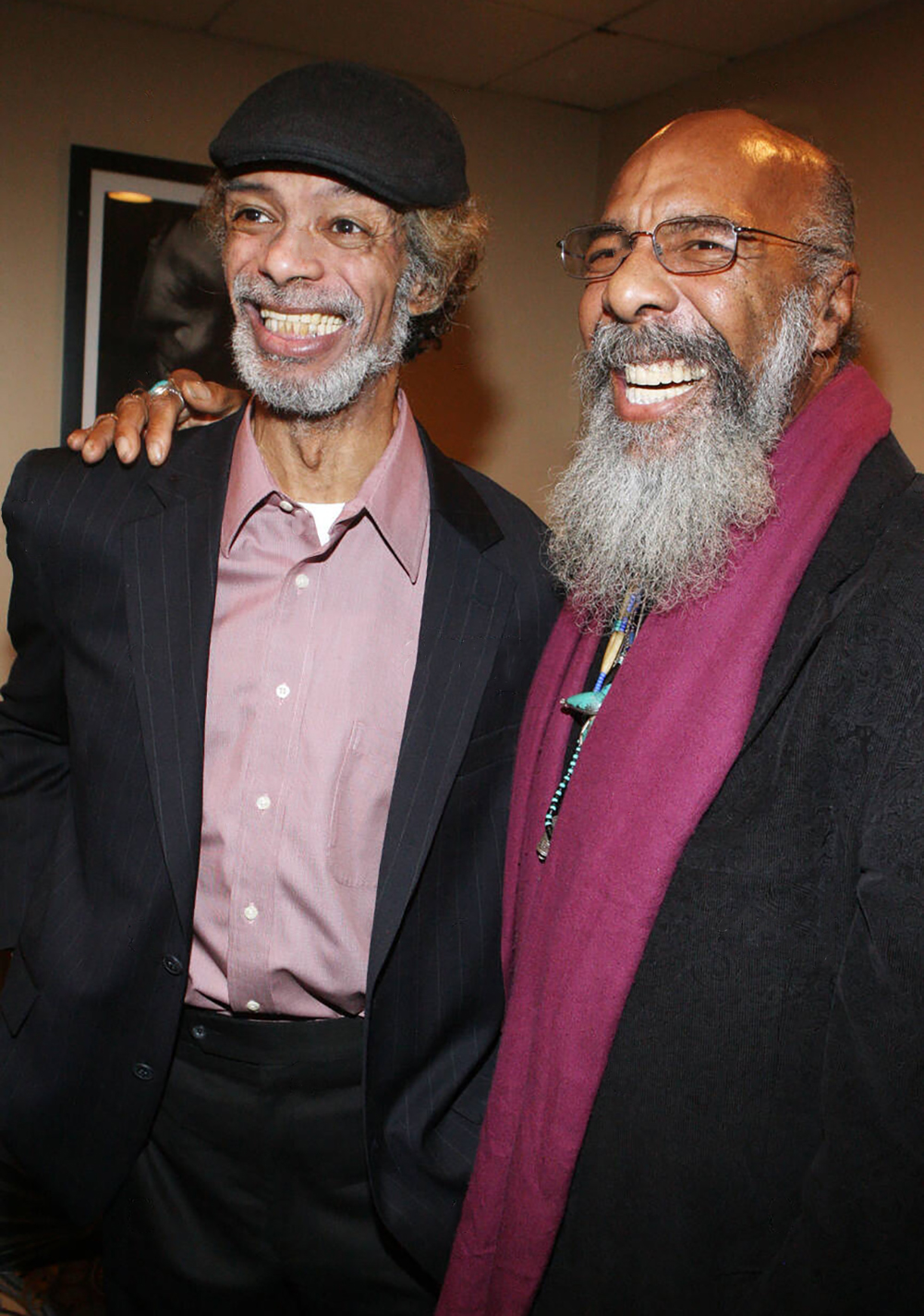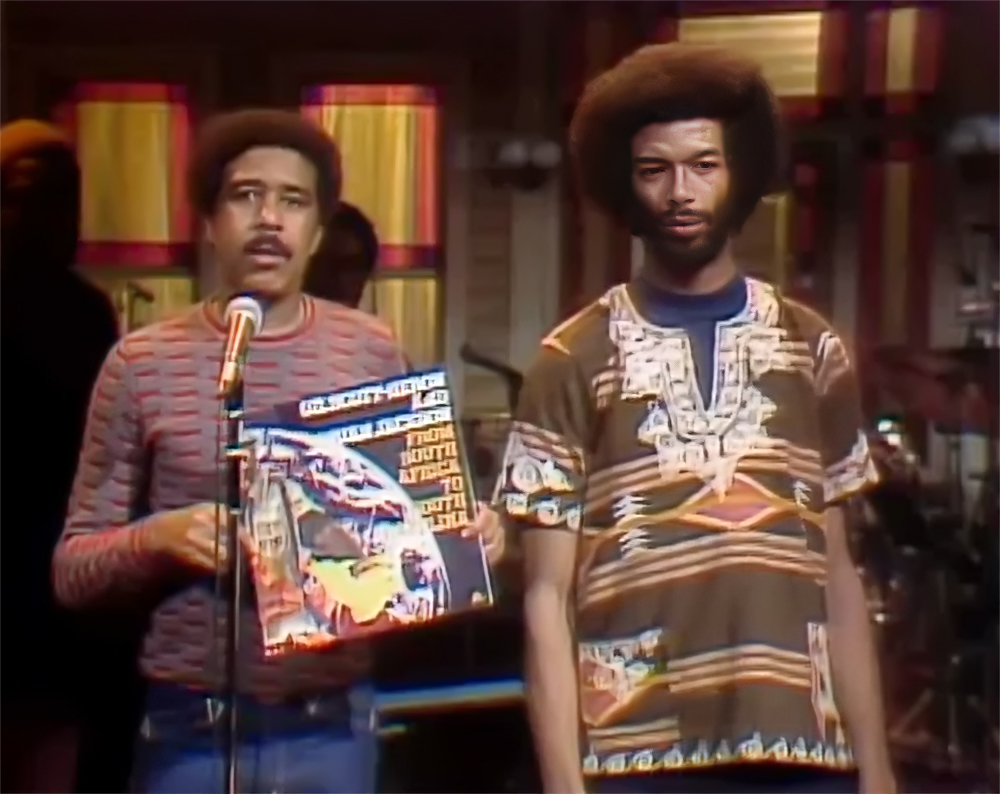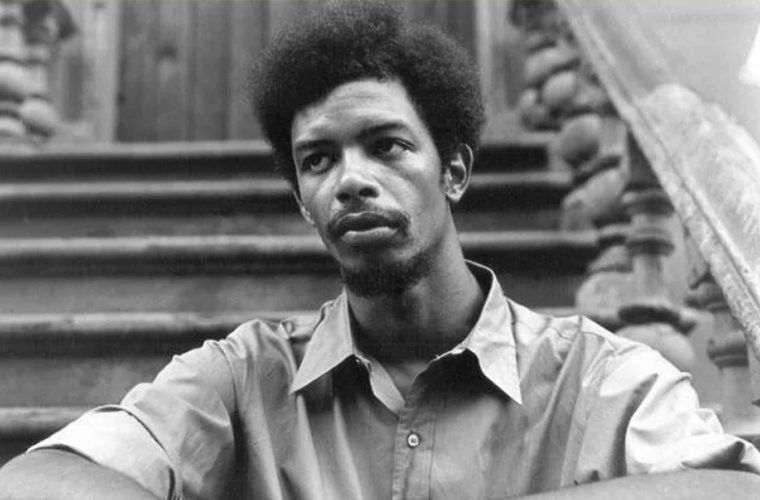Gil Scott-Heron was an American poet, musician, and author known for his work as a spoken word performer and a pioneer of the spoken word and jazz poetry genres. He was born on April 1, 1949, in Chicago, Illinois, and grew up primarily in Tennessee and New York City. Scott-Heron’s career took off in the late 1960s and 1970s when he gained recognition for his powerful spoken word performances and socially conscious lyrics. His work was heavily influenced by the civil rights movement, the Black Power movement, and the social and political climate of the time.

One of his most famous and influential works is the poem/song “The Revolution Will Not Be Televised,” released in 1970. The piece criticizes mass media and consumerism while emphasizing the need for active engagement and awareness in addressing societal issues.
Scott-Heron released numerous albums throughout his career, often collaborating with musician Brian Jackson. Some of his notable albums include “Pieces of a Man” (1971), “Winter in America” (1974), and “From South Africa to South Carolina” (1975). His music combined elements of jazz, soul, funk, and spoken word, creating a unique and distinctive sound. In addition to his musical career, Scott-Heron also published several novels and poetry collections, including “The Vulture” (1970) and “Now and Then: The Poems of Gil Scott-Heron” (2000).
Although he faced personal struggles with drug addiction and legal issues, Scott-Heron’s impact on music and poetry was profound. His socially conscious lyrics and thought-provoking performances inspired a generation of artists and activists, and his work continues to resonate today.

Gil Scott-Heron passed away on May 27, 2011, in New York City at the age of 62. His contributions to music, poetry, and social activism have left a lasting legacy, and he is remembered as an important figure in American culture.

